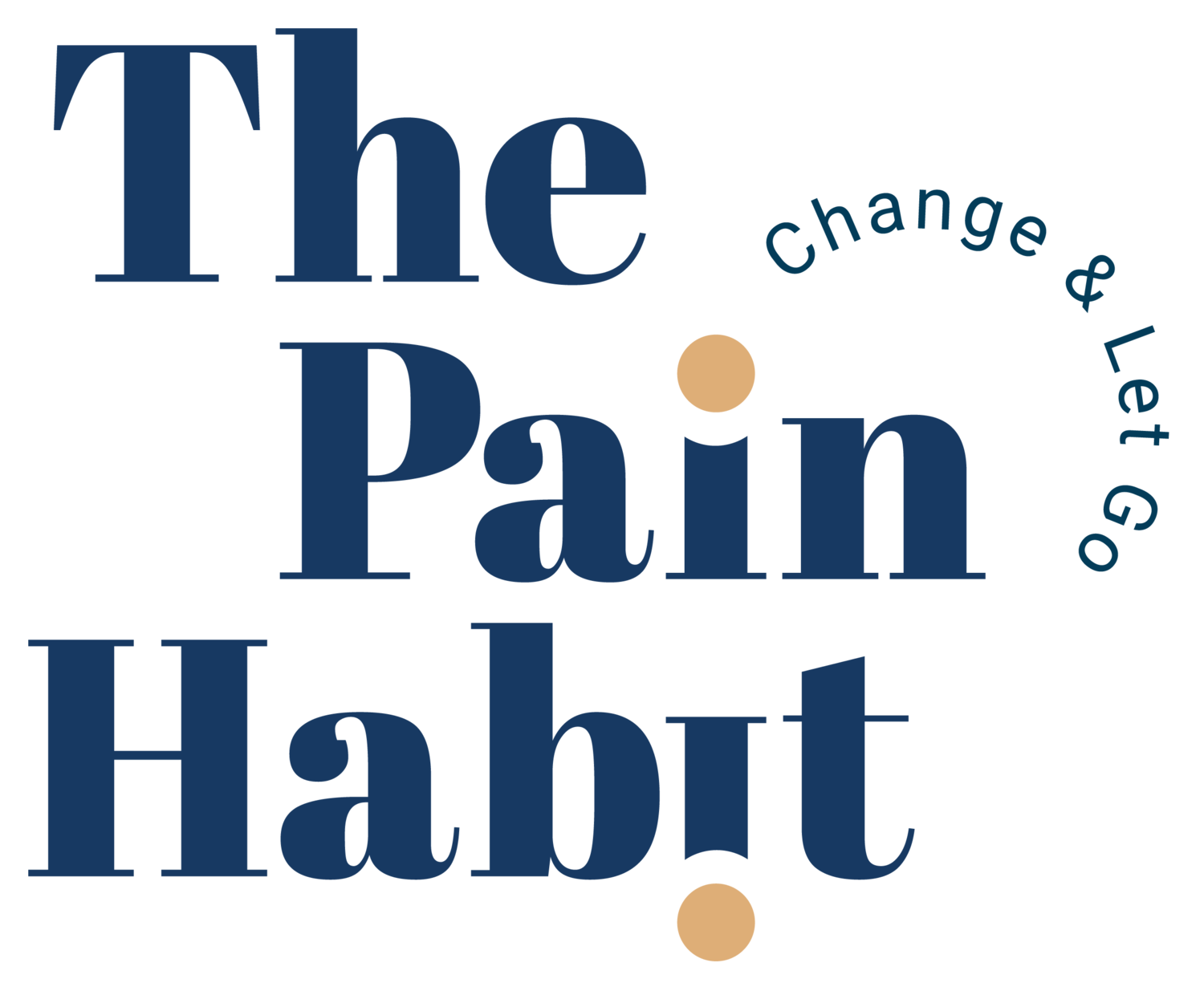The Painful Hawk
How’s Your Day?
When I asked a patient how her day had been, she presented a story which beautifully represented a metaphor for her pain. She explained that she had spent a wonderful morning in the garden. It had been so enjoyable that she glanced through the kitchen window at what she’d just viewed as she re-entered the house.
That secondary glance provided a different view to the one she had just witnessed, as all the birds that had been there moments ago had vanished. The beautiful garden had almost immediately become still, and she wondered why.
What Changed?
Like looking at a couple of pictures where you have to spot the difference, she analysed what else had changed, possibly explaining the sudden disappearance of all the birds.
As she scanned the image to compare it with the previous one in her mind, she saw the reason for the change.
A hawk had perched on the fence on the left side of her garden. It was taking a view over the area where the garden's birds had congregated. They'd sensed its arrival and escaped in the few seconds she’d left them to return to the house.
As she paused to look at the hawk, her first instinct was to suddenly say what a nuisance the hawk was to turn up and spoil the party. The more she looked, she realised how beautiful it was and that the hawk, although not always considered pleasant by some, had as much right to a place in the garden as all the other birds.
A Natural Occurrence
It was a natural occurrence to be accepted.
Rather than chasing it, shooing it, being annoyed by it or being angry at the disturbance, she observed it. The more she looked, the more beauty in the hawk she saw and after a while of indifferently noticing it, it decided to just leave in its own time to search out another garden.
And not long after the birds started to return, the active noise of the garden awoke again, and the view returned to as it was before the hawk had appeared.
‘What a beautiful analogy for your pain’, I said.
‘What do you mean?’ She asked.
‘Can I see how something such as pain that unexpectedly appeared can trigger initial, automatic and emotional reactions to get rid of it quickly?’.
‘Yet if you can notice those reactions and stay gently focused on why the pain appeared without judging it as good or bad and criticising it for the disruption, then for a moment, you may be able to see its beauty and reason for being’.
Finding Courage
That takes courage not to use what first appears as the best reaction in the presence of fear, frustration or discomfort. It is counterintuitive not to use instinctual protective behaviours.
We can’t continue with those reactions if we want to see the beauty and meaning of the pain.
So the protective and natural presence of pain, like the hawk, is doing what it does.
As it is observed, without any reaction, and because all it sees is calmness, then just like the hawk, it leaves to check out another garden.
Do the Same With Pain
Doing the same with pain and observing the hawk means that the pain passes, and the light, laughter, fun and love start to return to your life as the birds return to the garden.
Know that the pain may return, as may the hawk, but know that the less you fear it, the less disruption you’ll see, the less influence it has over you, and you’ll find it will leave much sooner.
You may even find with practice that you’ll appreciate its role in your life, admire the beauty it represents in protecting us, and appreciate its occasional reminders not to hurt us, but to keep us safe.
What’s next?
Take Your First Step to Recovery.
Join our FREE private Facebook group, The Pain Habit Community, to see how others have successfully returned to a pain-free life. Get support on your journey.
Sign up for The Pain Habit Blog below.
Subscribe to The Pain Habit YouTube channel.
Buy The Pain Habit book. Order here.




